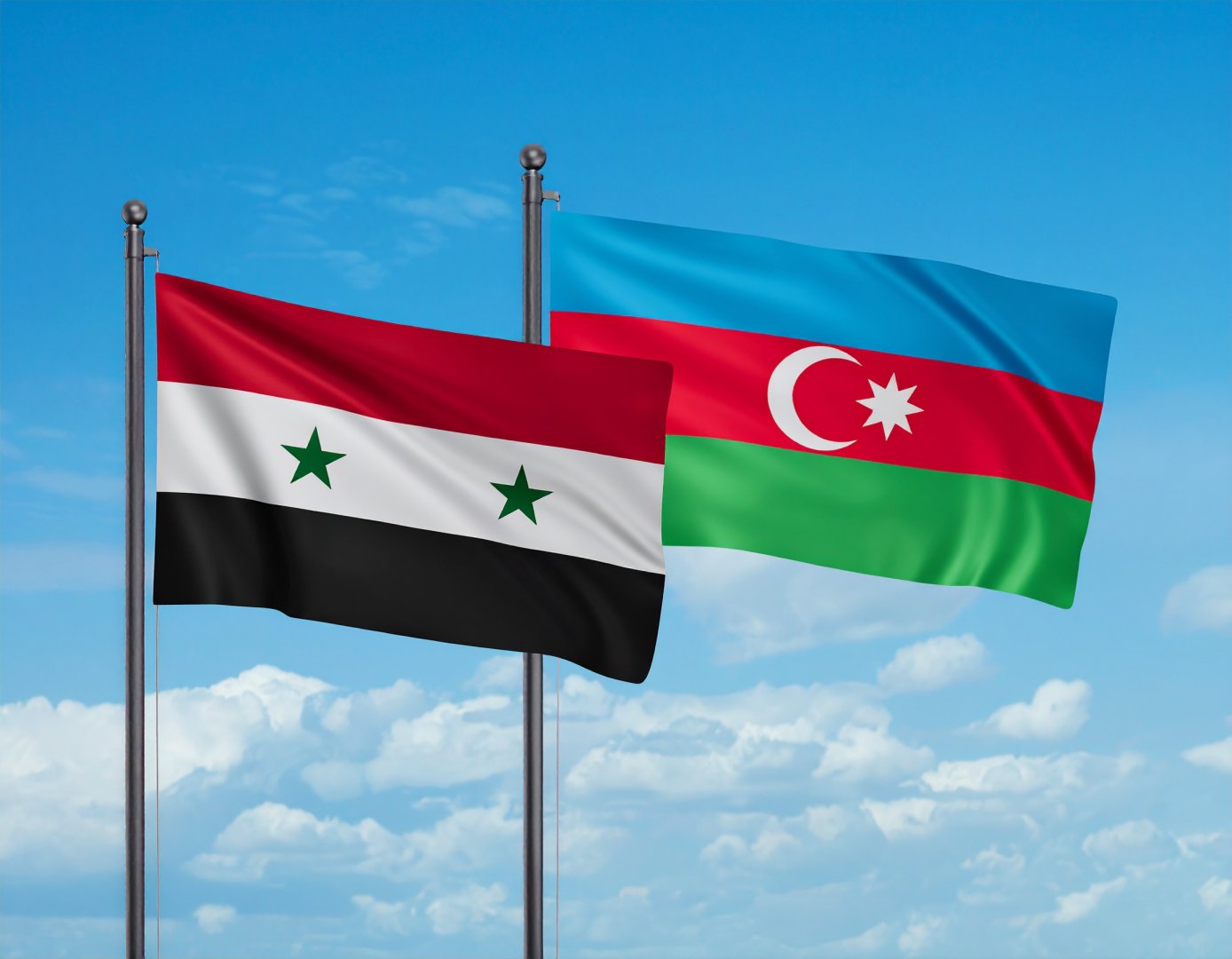BAKU, Azerbaijan, July 16. Azerbaijan’s recent announcement to start gas exports to Syria via Türkiye has sparked cautious interest across the region. While the deal is still in its early stages, energy experts see it as a pragmatic move that supports Syria’s reconstruction and promotes greater regional energy integration.
Year by year, Azerbaijan is solidifying its role on the global stage through its growing gas exports and achievements in the energy sector. Until now, Azerbaijan’s gas exports have primarily targeted European markets, but the focus is now shifting towards the Middle East. Discussions around supplying gas to Syria and rebuilding its energy infrastructure show that this plan is moving beyond talk and into action.
Currently, Azerbaijan exports gas to 12 countries, mostly through the Southern Gas Corridor. With the addition of the Middle East route, Syria is set to become the 13th destination, marking a significant expansion of Azerbaijan’s export footprint and further strengthening its energy diplomacy.
John Roberts, one of Europe’s leading energy security specialists, a senior fellow at the Atlantic Council, told Trend that while technical and geopolitical uncertainties remain, the overall logic of the deal is “very sensible.” According to Roberts, Azerbaijan’s involvement could help meet Syria’s urgent energy needs while reinforcing Türkiye’s role as a key transit and logistical partner.
“There’s still uncertainty regarding the physical infrastructure,” Roberts said. “The Arab Gas Pipeline had reached Aleppo before the Syrian civil war, and construction had started on a 63-kilometer link to the Turkish border - but it’s unclear whether that was ever completed.”
He explained that for Azerbaijan’s gas to reach Syria, there are likely two scenarios. The first involves direct delivery via pipeline through Türkiye’s existing BOTAS infrastructure. The second could involve a swap mechanism, where Azerbaijani gas is consumed in Türkiye, while equivalent volumes from Türkiye’s system are delivered to Syria. “Either way, the impact on Azerbaijan’s revenue is likely to be similar,” Roberts noted, adding that any missing pipeline segments could be built quickly if political will exists.
Meanwhile, in 2024, SOCAR saw a positive increase in natural gas production. Strong output from the Shah Deniz and Umid fields pushed total production beyond 50 billion cubic meters - significantly higher than the 2016 long-term forecast of 45 billion cubic meters (including reinjection volumes).
A key milestone in boosting Azerbaijan’s gas potential was the Shah Deniz consortium’s final investment decision on the Shah Deniz Compression (SDC) project, marking the third phase of development at the country’s largest gas field.
Valued at $2.9 billion, the SDC project aims to enhance the recovery rate by lowering reservoir pressure. It is expected to unlock an additional 50 billion cubic meters of gas and 25 million barrels of condensate, all intended for export.
On the question of sanctions, Roberts noted that while Syria remains under US and EU restrictions, the geopolitical context is evolving. “The U.S. Ambassador to Ankara has recently spoken in relatively positive terms about the Syrian government,” he said. “While this doesn’t imply a lifting of sanctions, Washington may find ways to suspend or bypass enforcement if the goal is regional stabilization - especially if Syria is being brought into broader frameworks like the Abraham Accords.”
Within Türkiye, the delivery would rely on BOTAS, which operates the national distribution network. Roberts emphasized that the coordination between Azerbaijani and Turkish technical teams would be vital to ensure pipeline readiness on both sides of the border. “It will be Turkish engineers, likely with Azerbaijani counterparts, checking the transmission system to confirm it’s fit for purpose,” he said.
The broader implications of the agreement, according to Roberts, are modest in terms of geopolitical power shifts but significant for Syria itself. “It’s not going to change the global energy map,” he said. “But for Syria - a country devastated by over a decade of civil war - even modest gas supplies could help restore domestic heating, electricity generation, and industrial activity.”
He added that the agreement also enhances Azerbaijan’s image as a regional energy provider and elevates Türkiye’s role as an intermediary.
Roberts emphasized that the real bottleneck is financial. “The key issue is securing international investment,” he said. “You need long-term contracts to justify the infrastructure and production expansion. But European institutions, particularly the European Investment Bank, are essentially opposed to new fossil fuel projects. The EBRD is hesitant too.”
In 2024, Azerbaijan’s natural gas exports reached a record high of 25.3 billion cubic meters, surpassing the figures from 2023 (23.9 billion) and 2022 (22.4 billion). Expanding gas exports to the Middle East will boost government revenues and enhance Azerbaijan’s appeal as a reliable supplier - especially to regions grappling with energy shortages. This growth also opens up new investment opportunities for SOCAR and its partners.
For Azerbaijani gas, the Middle East route represents more than just geographic expansion; it strengthens geopolitical influence, diversifies revenue streams, and supports regional energy security. Central to this strategy is positioning Syria as both a buyer and transit country for gas. Azerbaijan is increasingly becoming a key player not only in Europe’s energy security but also in stabilizing the energy landscape of the Middle East.







